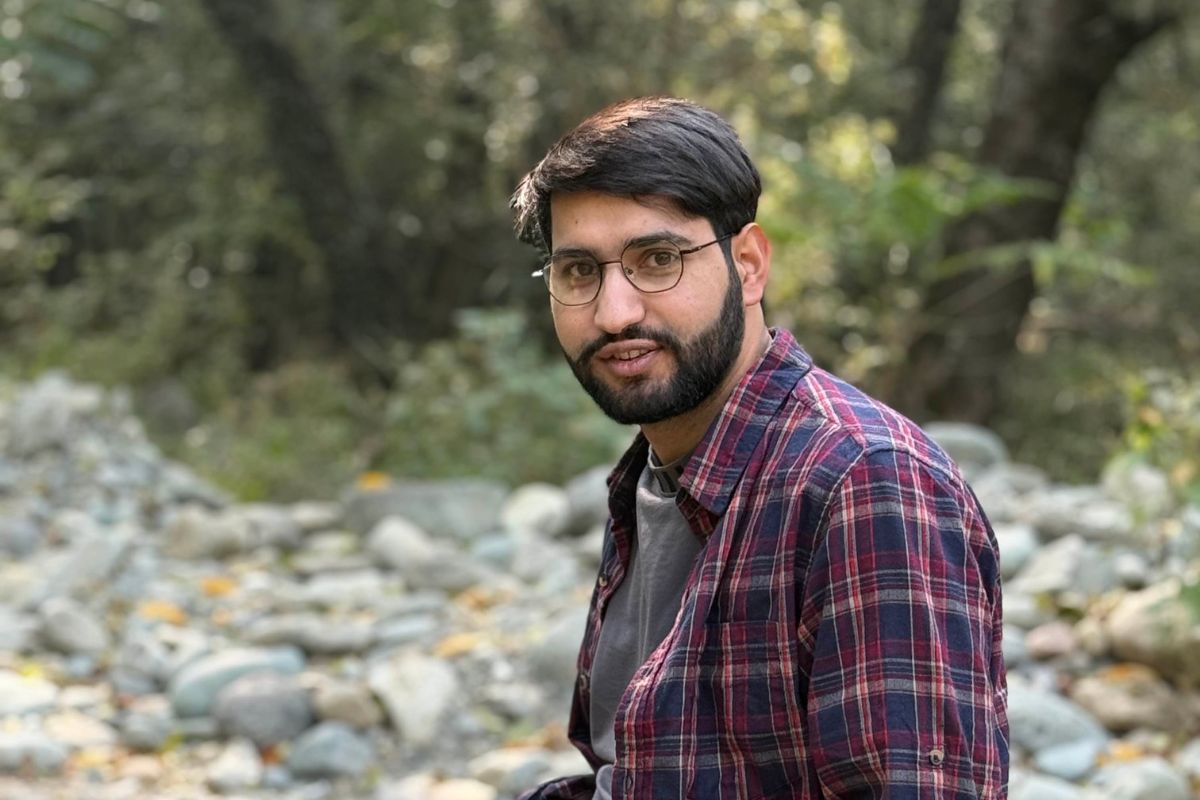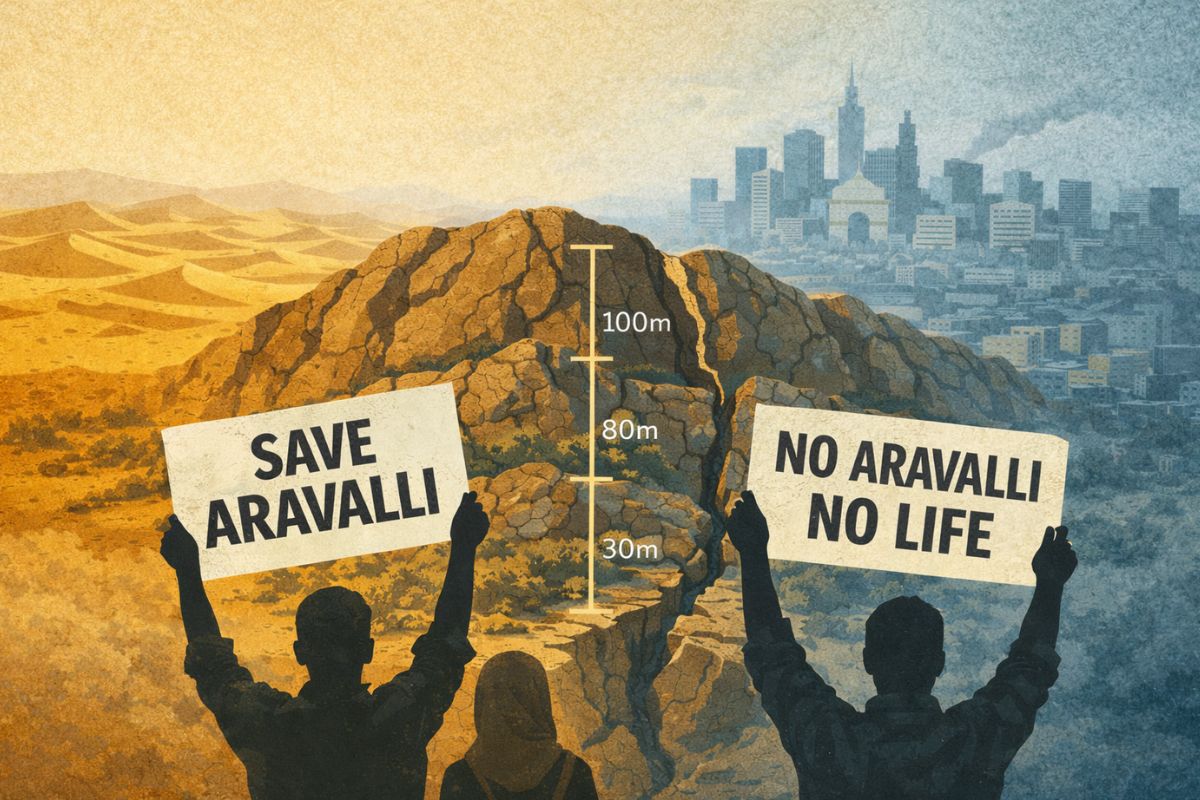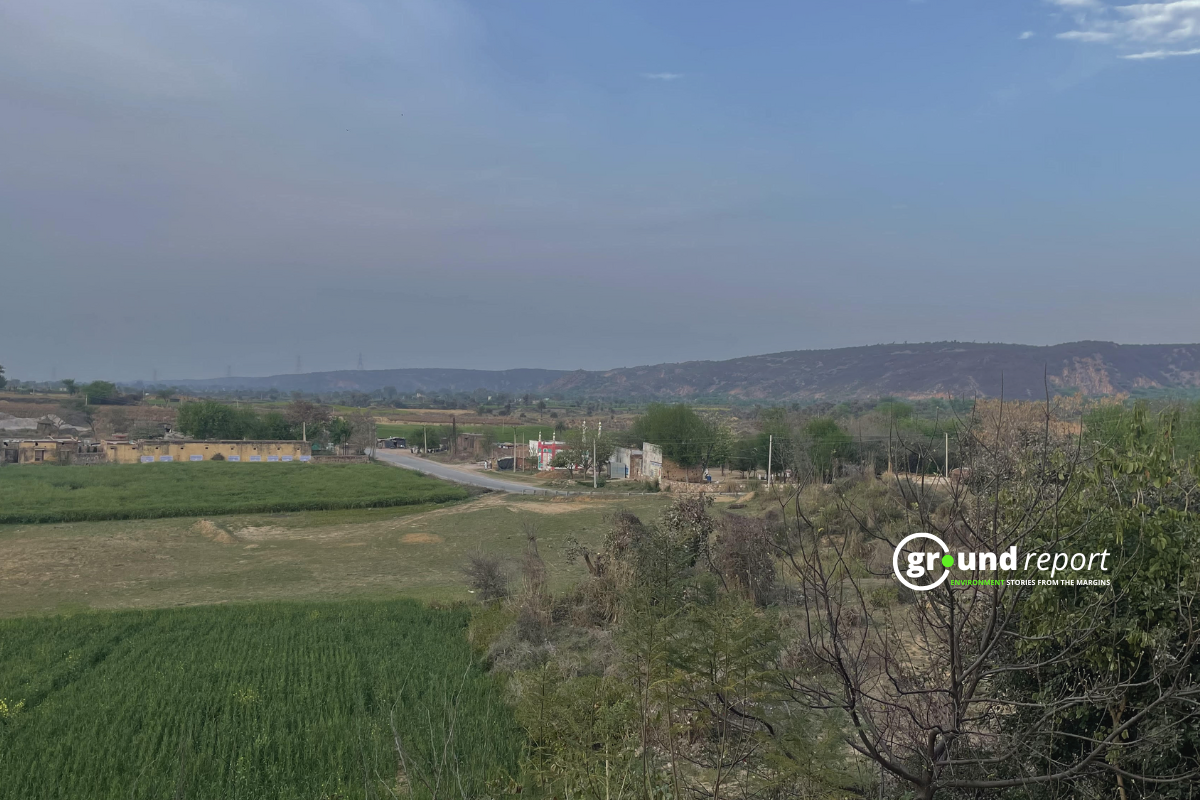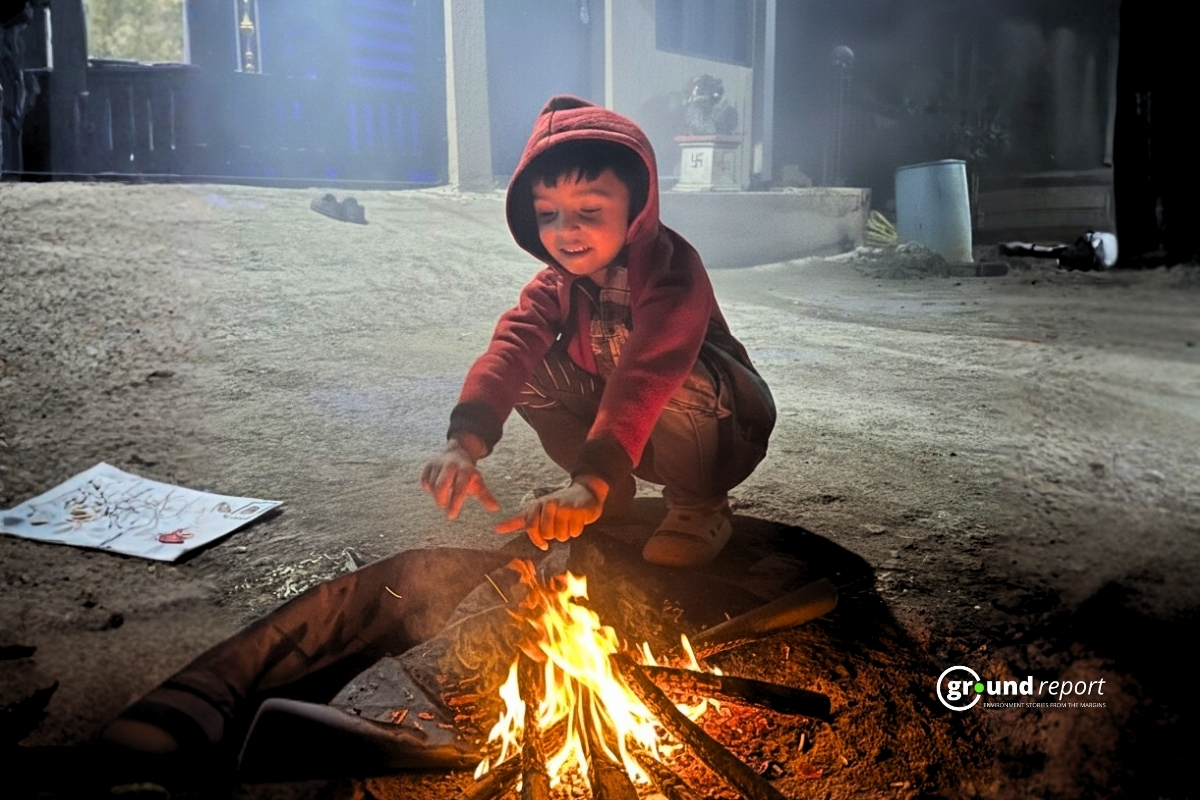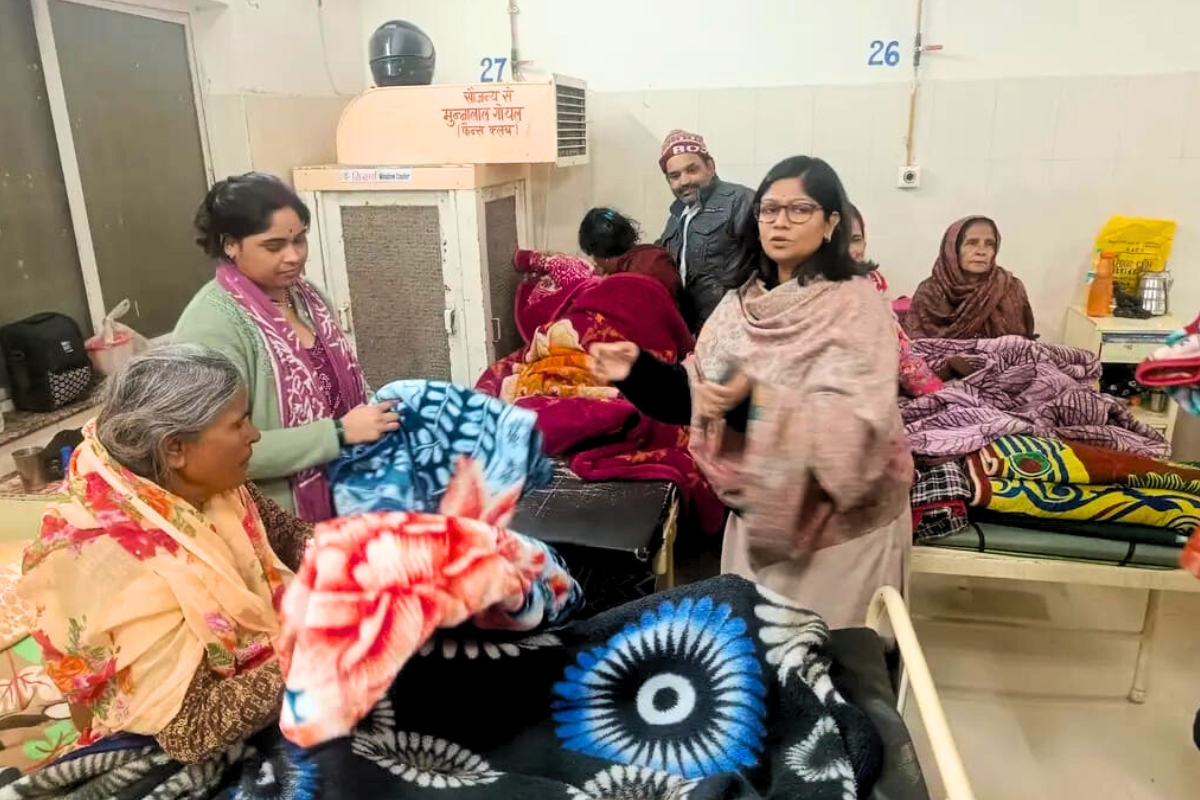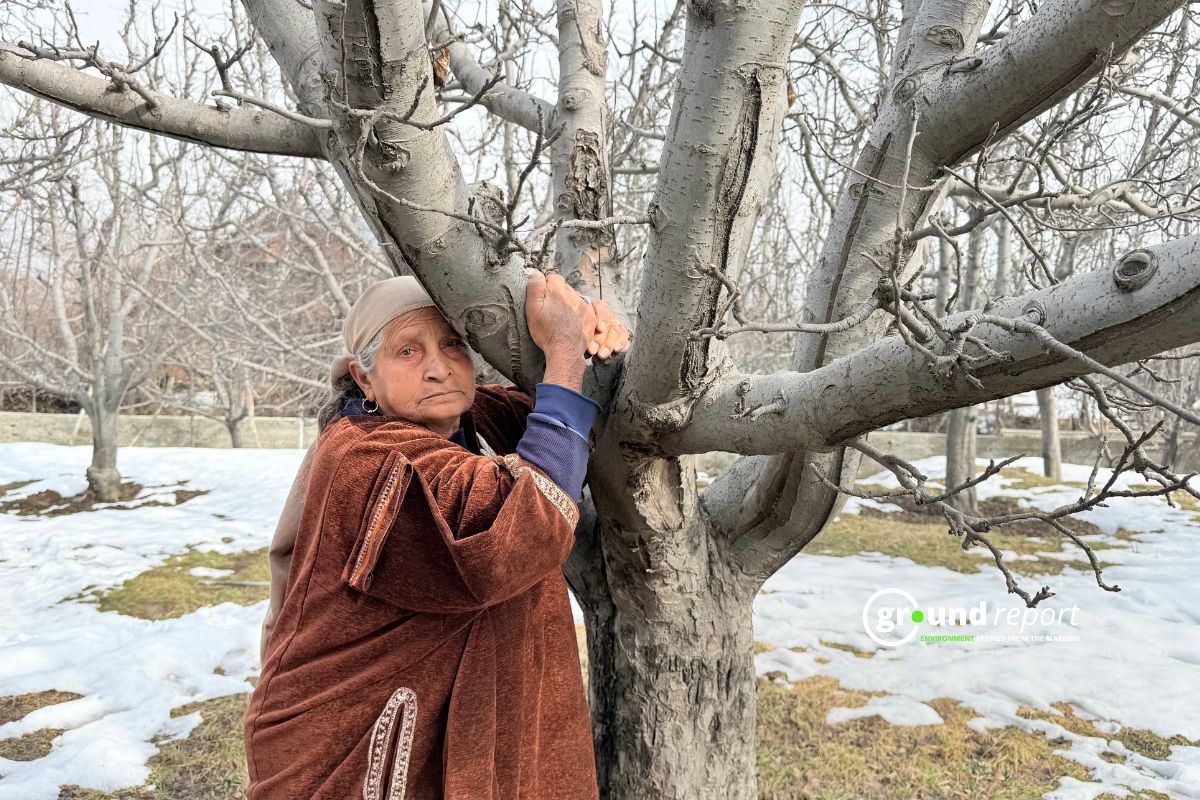Whoever reads Mahatma Gandhi’s autobiography knows very well that he did not believe in untouchability since he was a child. His mind was not prepared to accept that there can be so much difference between human beings that touching one corrupts the other.
The term Dalit in India and its practice came into existence after the establishment of British rule in India. The use of the word Harijan by M.K. Gandhi to refer to the community of Dalits (untouchables), and it was a well-thought-out strategy. When Gandhi first launched an intense campaign against untouchability, he used the term “antyaja” (last birth) in his Gujarati writings.
Issue of untouchability within Congress
The world considers Mohandas i.e. Mahatma Gandhi as the messiah of Dalits along with other monuments. It is true that after returning from South Africa when he lived in the colony of scavengers and came to know their problems, he raised the issue of untouchability within the Congress in 1916 within a year. To end the feeling of untouchability, he used to clean his own toilet and asked others to do the same. There are many such incidents from which the claim of Mahatma Gandhi carrying the stick for Dalits can be supported.
In 1937 Gandhi said, “Those born as scavengers should earn their livelihood as scavengers, and after that do whatever they like. A scavenger is as valuable as a lawyer or Then your President, according to me this is Hindutva.” He called the manual scavengers Harijans. but did not talk about the abolition of castes.
Grandson and biographer Rajmohan Gandhi agrees that Gandhi in his youth supported the imperial cause and was at various times prejudiced and ignorant of black South Africans, but insists on analyzing him as a flawed human being.
In his response to the accusations made by Desai and Vahed, Rajmohan Gandhi had written in a column that, in fact, Gandhi during his youth supported the imperial cause and was at various times prejudiced and ignorant about black South Africans. However, he insists on analyzing Gandhi as a human being. “After all, Gandhi was also an imperfect human being. However, in racial equality, he was far ahead of most, if not all, of his compatriots; and the fight for Indian rights in South Africa paved the way for the fight for black rights,” he writes.
Some Problematic Views of Gandhi on Dalits
Mahatma Gandhi, the iconic leader of India’s independence movement, held several views that are now considered problematic regarding Dalits, also known as “untouchables,” who are a historically marginalized community in India.
Firstly, Gandhi initially believed in the caste system and the notion of “untouchability.” He believed that Dalits should stay within their assigned roles in society, and that they could improve their status through education and economic upliftment. However, this approach was criticized for not recognizing the severity of the oppression and structural inequality faced by Dalits.
Secondly, Gandhi opposed the idea of separate electorates for Dalits, which was seen as a way to give them political representation. Instead, he advocated for a joint electorate. However, this approach was criticized for not providing adequate political representation for Dalits and not recognizing the unique challenges they faced.
Thirdly, Gandhi’s attempts to integrate Dalits into mainstream society often fell short of their expectations. He advocated for inter-caste marriages, which he believed would break down caste barriers. Still, he himself was criticized for not allowing his own children to marry outside their caste, which was seen as hypocritical and contradictory.
Gandhi’s views on Dalits evolved over time
Gandhi’s views on castes and Dalits evolved over time, but he initially believed in the caste system and the notion of “untouchable”. He believed that Dalits should stay within their assigned roles in society and that they could improve their status through education and economic improvement. However, he opposed the idea of separate electorates for Dalits, which was seen as a way of giving them political representation, and instead advocated a joint electorate.
Furthermore, Gandhi’s attempts to integrate Dalits into mainstream society often fell short of his expectations. He advocated inter-caste marriages, which he believed would break down caste barriers, but he himself was criticized for not allowing his own children to marry outside his caste.
Gandhi never condemn varna system
Gandhi’s views on Dalits have been criticized for failing to recognize the gravity of their oppression and for not doing enough to address their plight. He often spoke about the importance of non-violence and social harmony, but some argue that his approach did not go far enough to address the structural inequalities that Dalits faced and continue to face in Indian society.
Gandhi’s view that untouchability is only a caste Hindu issue as it is a sin they commit is not only true but places the onus on caste Hindus to practice their methods to wash away their sin.
Although Gandhi worked for the elevation of the lower caste and denounced ‘untouchability’, he did not condemn the varna system for most of his life. So, although he mandated the dignity of the untouchables, he also supported the caste system, considering it necessary until the 1940s.
In 1933, Gandhi began publishing a weekly newspaper, Harijan, in English. Harijan, which means “People of God”, and was also Gandhi’s term for the untouchable caste, lasted until 1948. During this time, Gandhi also published Harijan Bandu in Gujarati and Harijan Sevak in Hindi.
He felt that because of the name Harijan, Dalits would not even question his inhumane profession, because Harijans essentially means Children of God. It was just a trick to make Dalits accept their inhuman reality and think of forced profession as something spiritual.
Gandhi’s views on manual scavenging are even more problematic. Gandhi went on to glorify the caste-sanctioned manual scavenging and said: “How sacred is this work of cleanliness! That work can be done only by a Brahmin or by a Bhangi“.
Singled out Dalits
It was this tribal mentality that Gandhi brought to the subcontinent when he arrived in 1915. He rose through the ranks of Congress with alarming speed and came to dominate Indian politics with his part in the Khilafat Movement a few years later. The political climate in those days was that the British questioned the claims of Congress to represent all Indians.
They singled out not only Muslims but also untouchables among Hindus known as Dalits who had separately started their political agitation to achieve equal rights with Hindus. Dalits had been persecuted for centuries because they did not belong to the four Hindu castes, known collectively as chaturvarna.
Therefore, these outcasts were untouchable. Orthodox Hindus believed that the four varnas (or castes) were hereditary occupations, assigned at birth and immutable. Most of the Dalits were employed in the low-paid labour force, while the Hindu caste occupied various places in the economic pyramid, especially at the top.
Gandhi, who himself was a vaishya (merchant caste), made very extreme statements on this subject. In 1921 he addressed a Dalit conference and declared that “Yudhishthira would not enter heaven without his dog. How then can the descendants of that Yudhishthira hope to get Swaraj without the Untouchables?
His apologists are keen to point to an evolution in his views on caste that changed, we are told, when he discussed the issue with Dalit leader Dr B R Ambedkar in the late 1920s.
Gandhi adopted Dalit girl
However, this does not appear to be the case, as Gandhi from childhood had treated the Untouchables very well in a personal capacity.
In 1915 he adopted a Dalit girl as his daughter and in 1917 he was part of the Congressional resolution to abolish untouchability. He criticized chaturvarna throughout the 1920s.
As stated above, his “pro-dalit” views were due to the political situation at the time. This was spectacularly exposed when the British government granted separate constituency rights to Dalits in the 1932 Communal Prize.
Gandhi immediately fasted to death in his prison cell. Separate electorates meant that the Hindu vote would be divided forever. Seven days later, amid national outcry, Dr. Ambedkar capitulated, signed the Poona Pact and abandoned this gift from the British.
Ambedkar questioned Gandhi
An embittered Ambedkar commented, “Why didn’t Gandhi fast to death to abolish untouchability?” Gandhi did, in fact, hold two fasts to abolish untouchability after the Poona Pact, but only for a limited time, earning him violent opprobrium from the Hindu far-right.
He gave the dalits a new name, Harijan, or children of god, but this was rejected by the dalits who preferred to call themselves Adi Hindus to seek equality with the Hindu caste.
No structural changes occurred for Dalits, although from 1946 Gandhi only attended inter-caste Dalit and Hindu caste weddings. And he resorted to theatrics like declaring himself a Harijan, wanting the rule of “bhangis” and a dalit girl as prime minister. His apologists believe this ends the conversation and Ambedkar erred in choosing to focus on “prior” statements from him.
Gandhi did not fight untouchability to elevate Dalits
It is pertinent to note here that it was never an option for Untouchables to change their profession. No effort by Gandhi ever helped Dalits in the true sense. It never changed their status, it was just a conscious strategy by Gandhi to bring Dalits into the Hindu fold because untouchability was visible unlike Caste which is a notion of the mind. Gandhi did not fight untouchability to elevate Dalits. He did it just to assimilate the untouchables into the Hindu fold.
Bhangi’s service is like that of our mothers, but we never call them untouchable. On the contrary, the mother is revered as a Goddess worth remembering during our morning prayers.
The Bhangi, therefore, is a true servant of society, with the only difference that he works to earn his bread, while the mother does it with a charitable spirit. The mother serves the child with love and receives love in return.
But the salary is the return that the sweeper obtains for his service. Just as we cannot live without mothers, we cannot live without sweepers either. That means that with their work they only fulfill their duty to society.” (February 13, 1927)
In conclusion, while Gandhi played a crucial role in India’s struggle for independence and is revered as a symbol of non-violent resistance, his views on Dalits were problematic and have been rightfully criticized. It is important to acknowledge and learn from these shortcomings to create a more inclusive and equitable society.
Support us to keep independent environmental journalism alive in India.
Keep Reading
The costliest water from Narmada is putting a financial burden on Indore
Indore’s Ramsar site Sirpur has an STP constructed almost on the lake
Indore Reviving Historic Lakes to Combat Water Crisis, Hurdles Remain
Indore’s residential society saves Rs 5 lakh a month, through rainwater harvesting
Follow Ground Report on X, Instagram and Facebook for environmental and underreported stories from the margins. Give us feedback on our email id greport2018@gmail.com.
Don’t forget to Subscribe to our weekly newsletter, Join our community on WhatsApp, and Follow our YouTube Channel for video stories.

